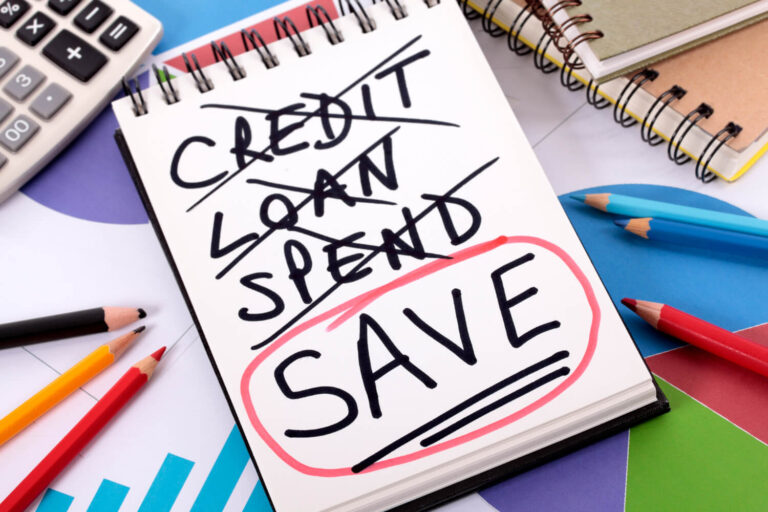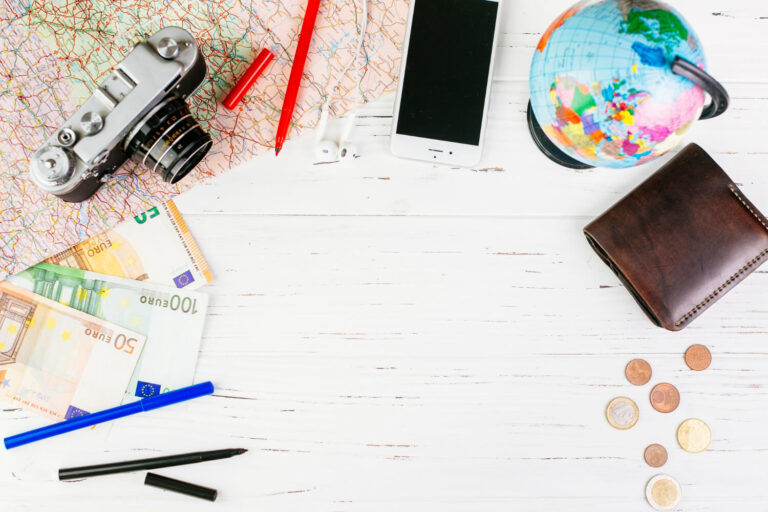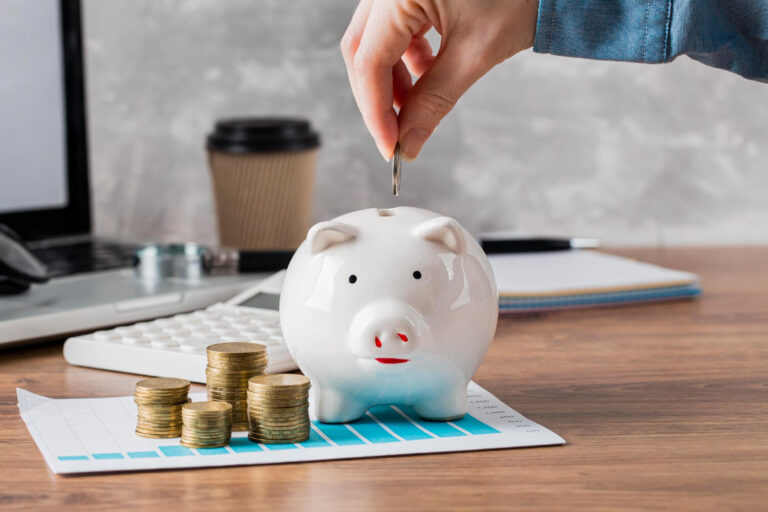Stop spending money! Managing finances can be challenging, but taking control of your spending is a crucial step toward financial freedom. In this guide, we’ll explore practical tips to help you break free from impulsive purchases and develop healthier money habits.
Cash Envelopes

Allocate cash for discretionary spending and use envelopes for categories like entertainment or dining out. When the envelope is empty, it’s time to stop spending.
Pause and Reflect

Before buying, pause and question if it’s a necessity or a fleeting desire. This prevents impulse buys. Stop spending money without thought, ensuring each purchase aligns with your goals and values for a more intentional and satisfying lifestyle.
Make a Shopping List and Stick to It

When heading to the store, jot down what you need beforehand. Stick to your list to avoid picking up extra items on a whim. This helps you stay focused on essentials and prevents impulse buys.
Also read – The Growing Influence of Women Gamers in Gaming
Cash is Your Buddy

Consider using cash for your daily expenses. When you physically see money leaving your wallet, it creates a tangible connection to spending. Set a weekly cash allowance and watch how it curbs unnecessary purchases.
Ditch the Credit Cards (Sometimes)

Credit cards can make spending seem painless, leading to overspending. Try using cash for discretionary expenses or set a monthly credit card limit. This way, you’ll be more aware of your spending habits.
Sleep on It Before Buying

When tempted to make a non-urgent purchase, give yourself a cooling-off period. Sleep on it! This simple delay helps separate impulse desires from genuine needs, preventing regrettable purchases.
Unsubscribe from Temptations

Tidy up your email inbox by unsubscribing from tempting promotional emails. Less temptation in your inbox means fewer opportunities for unplanned spending. It’s like decluttering your virtual shopping space
DIY Your Coffee and Meals

Brewing your coffee at home and preparing meals not only saves money but also encourages healthier habits. Small daily expenses on coffee and takeout can add up, so why not enjoy homemade goodness?
Buy Generic Brands

Opt for generic or store brands when shopping for groceries or everyday items. They often cost less than name brands and can be just as good in quality. You’ll be surprised at how much you save without sacrificing quality.
Set Clear Spending Limits

Establish spending limits for different categories in your budget. This helps you stay accountable and prevents overspending in areas where it’s easy to lose track, like entertainment or dining out.
Sell Before You Buy

Before splurging on something new, take a moment to reflect on items you no longer need. Selling them not only declutters your space but also provides extra cash to offset the cost of your new purchase. This simple practice helps you stop spending money impulsively and encourages a more thoughtful and financially responsible approach to your purchases.
Embrace Second-Hand Shopping

Explore thrift stores, online marketplaces, and garage sales for items you need. Second-hand doesn’t mean second-rate, and you’ll often find great deals on gently used items. It’s eco-friendly and budget-friendly!
Plan Affordable Outings

When socializing, opt for activities that don’t break the bank. Whether it’s a picnic in the park or a movie night at home, choosing low-cost options for entertainment can be just as enjoyable without straining your budget.
Automate Savings

Set up automatic transfers to your savings account. Treating savings like a fixed expense ensures you prioritize building financial security. You’ll be surprised how quickly those small, automated contributions add up.
Compare Prices Before Purchasing

Take a few extra minutes to compare prices online or in different stores. Many apps and websites can help you find the best deals. Being an informed shopper ensures you’re getting value for your money. Stop spending money blindly and make the most of your purchases by seeking out the most cost-effective options available.
Practice Mindful Spending

Before making a purchase, ask yourself if it aligns with your values and priorities. Mindful spending means focusing on what truly matters to you, reducing impulse buys, and creating a more intentional relationship with money.
DIY Gifts

Get creative with gift-giving by making your presents. Handmade gifts often carry more sentimental value than store-bought ones. Plus, it’s a budget-friendly way to show you care.
Negotiate Bills

Don’t be afraid to negotiate bills like cable, internet, or insurance. Providers may offer discounts or promotions, especially if you’ve been a loyal customer. A simple phone call can result in significant savings.
Practice the 24-Hour Rule

Implement the 24-hour rule before making non-essential purchases. If you’re still thinking about it a day later and it fits within your budget, go ahead. Otherwise, reconsider if it’s truly necessary.
Library Over Bookstore

Instead of buying books, consider borrowing from your local library. Many libraries also offer movies, music, and magazines, providing a cost-effective alternative to purchasing entertainment.
Bulk Buying Basics

Purchase non-perishable items in bulk to take advantage of lower unit prices. This is especially beneficial for items you use regularly, like toiletries and cleaning supplies. Stop spending money unnecessarily and save by buying in bulk, ensuring you have a steady supply of essentials without the added cost of frequent individual purchases.
Embrace Free Activities

Look for free events and activities in your community. Whether it’s a community workshop, a local concert, or a nature hike, there are often plenty of cost-free options for entertainment.
Remember, small changes in your spending habits can lead to significant savings over time. By incorporating these simple tips into your daily routine, you’ll be on your way to a more mindful and budget-conscious lifestyle. Stop spending money thoughtlessly and start building a foundation for financial stability through these practical adjustments.





